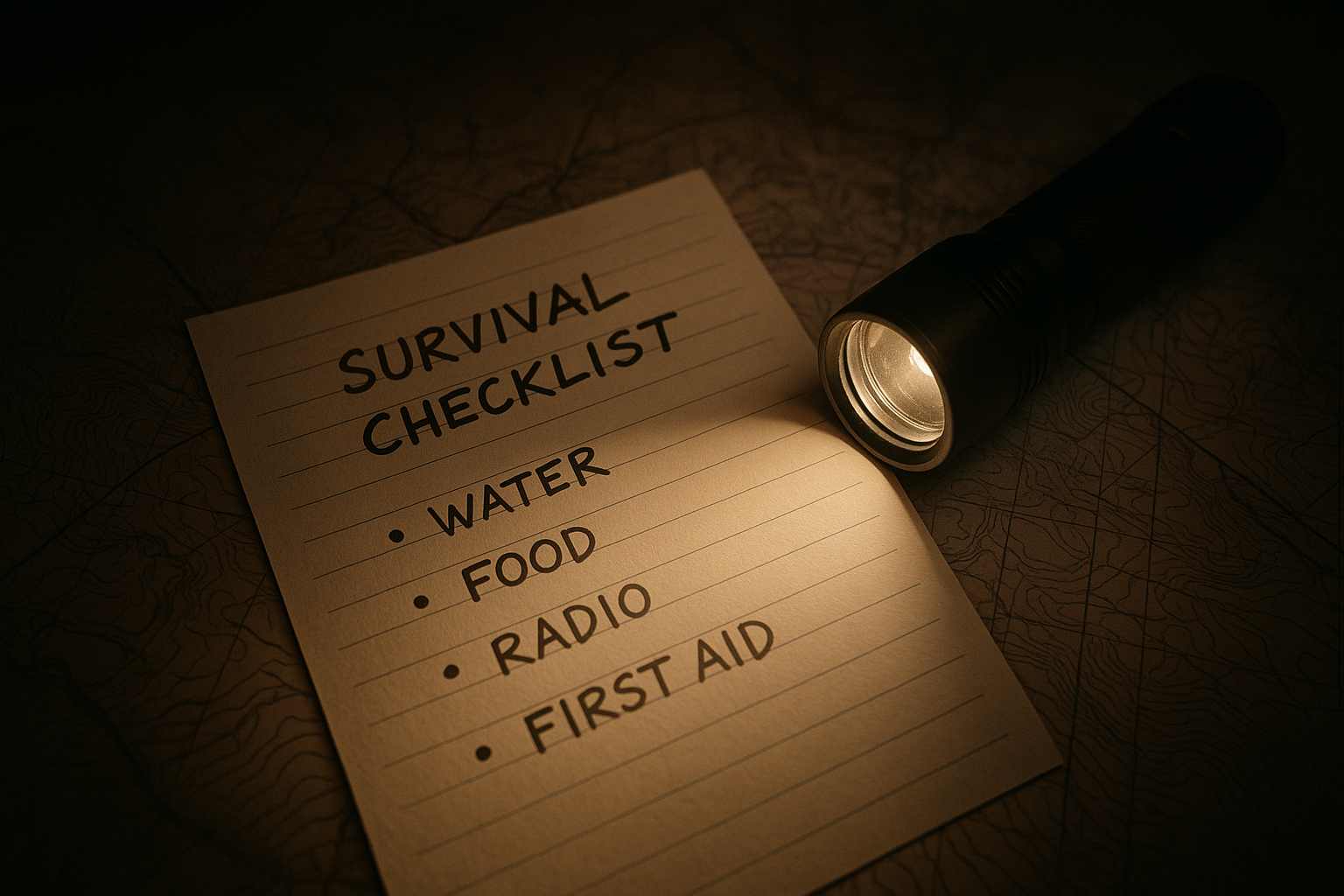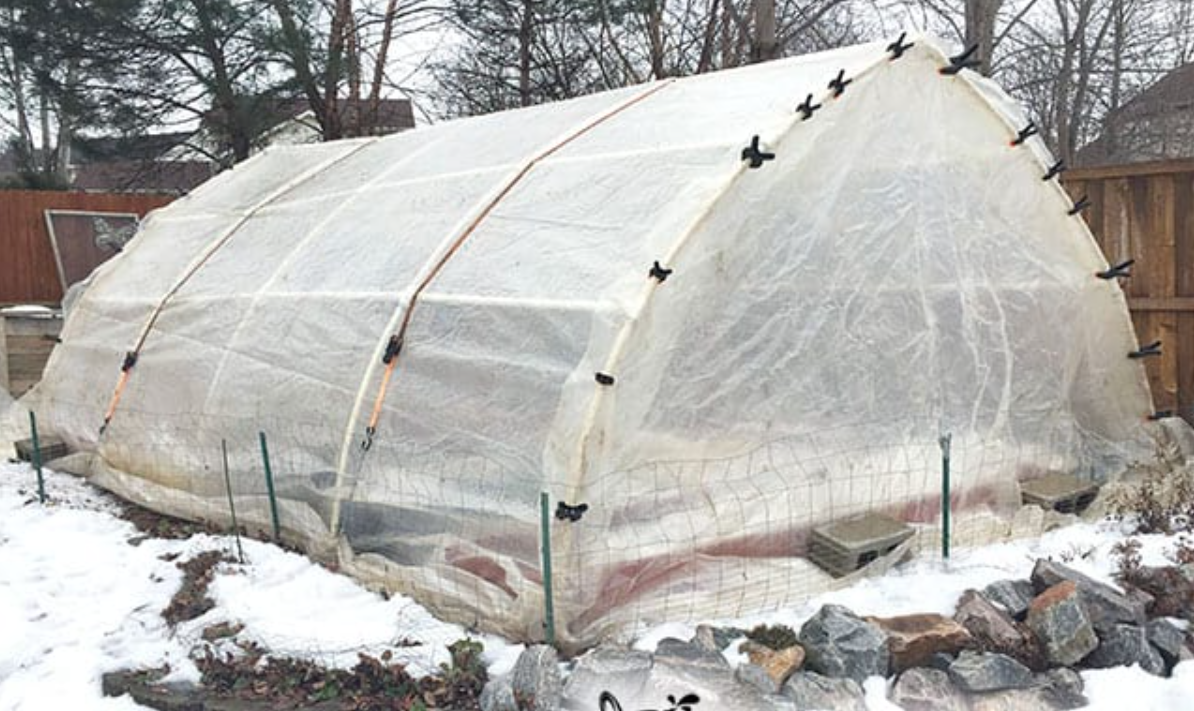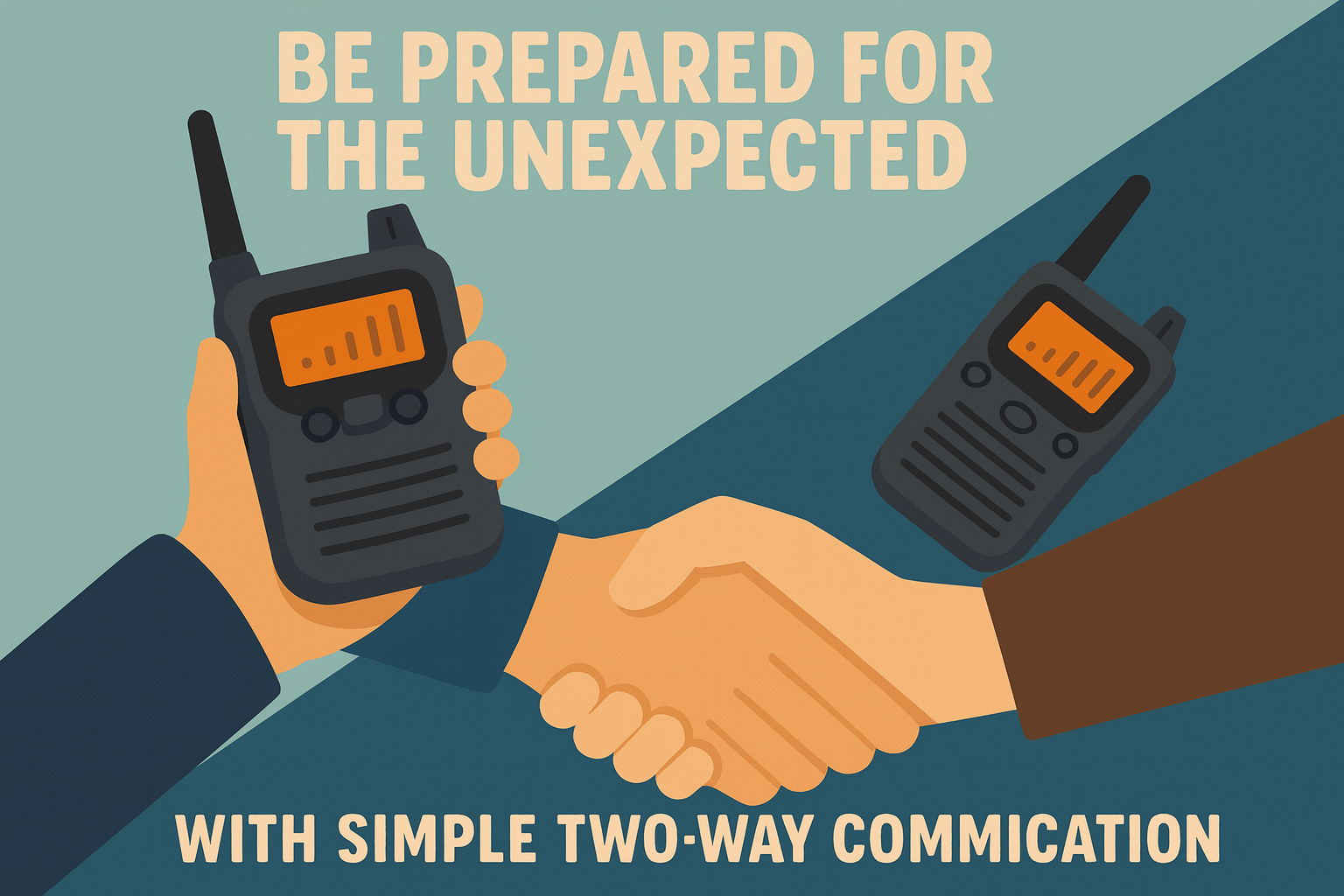The First 72 Hours: Why Most “Prepared” People Still Get It Wrong

You can’t Google your way through the first three days of collapse.
Most people who think they’re “ready” picture the long game—six-month stockpiles, solar setups, and shelves full of food. But the truth is, most don’t make it that far. The first 72 hours after a major disruption break more plans than the next six months combined—and it’s rarely because of gear. It’s because of people.
It’s Not About What You Have—It’s About What You Do
In those first three days, adrenaline surges, information dries up, and every assumption you made gets tested. You may have batteries, radios, and supplies, but if you haven’t rehearsed the first moves, you’ll spend precious hours just deciding what to do next.
Decision paralysis is real. Hospitals overload. Roads clog. Communications drop. The average person doesn’t “rise to the occasion”—they default to their lowest level of preparation. And if your only plan exists on paper, you’ll be reading while someone else is acting.
Why Mental Rehearsal Matters
Preparedness isn’t just logistics—it’s psychology.
Military, aviation, and emergency response teams drill because under stress, clarity collapses. The same principle applies at home. Knowing how to start the generator, refill the gravity filter, or contact a neighbor without thinking isn’t luck—it’s muscle memory.
Run a dry drill. Turn off your main breaker for a night. Cook from stored food. Test the radio. The goal isn’t comfort—it’s exposure. You’re training your mind to stay calm when normal vanishes.
Community Is the Hidden Variable
Even the best individual plan cracks in isolation.
Neighbors are your first network—your early warning, your medical aid, your shared security. Build those relationships now. Swap radio frequencies, share skills, walk each other’s terrain. In my upcoming book, The Ridge Plan, the first 72 hours separate the overwhelmed from the organized—and the organized are never alone.
The Takeaway
Supplies keep you fed. Training keeps you alive.
When systems fail, you won’t have time to think your way through confusion—you’ll act from what you’ve practiced. Those who’ve built trust, rhythm, and readiness before the crisis are the ones still standing when the dust settles.
So before you plan for six months, prove you can handle three days.




